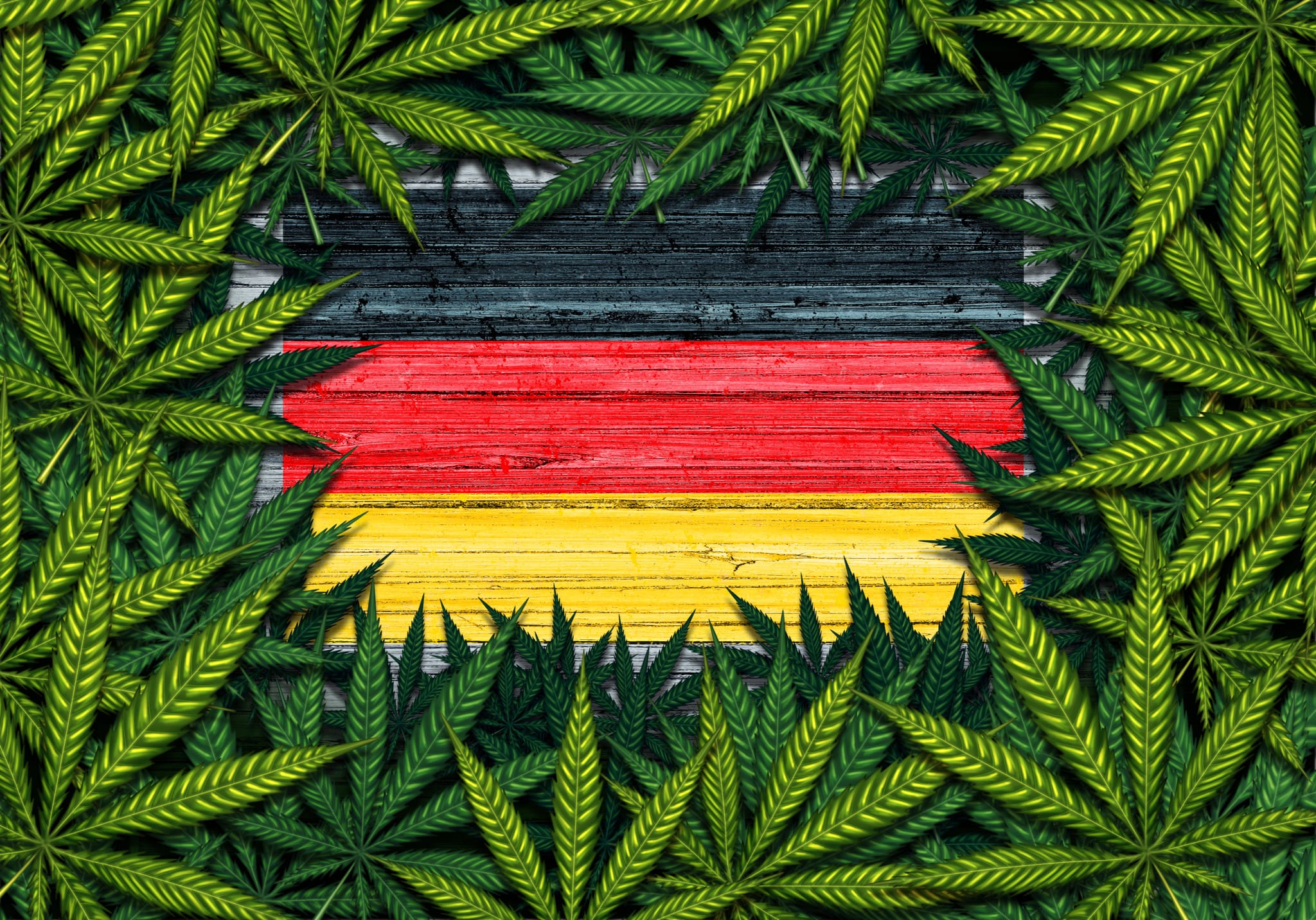Germany’s health minister has confirmed that the government will move forward with its plan to legalize the purchase and possession of marijuana for recreational use despite the health and social risks related with the drug.
Possession of up to 1 ounce of the drug will become legal, and adults will be permitted to buy marijuana from licensed premises across the country, said Karl Lauterbach (SPD) on Wednesday.
For adults over the age of 21, the THC content, the psychedelic component of the drug, will be capped at 15 percent, while for 18 to 21 year olds, it will be capped at 10 percent. In the 1960s, most of the marijuana being smoked had a THC content level of approximately 2 percent, while in the 1990s, this was boosted to around 5 percent. Those over 21 years of age would have legal access to marijuana with THC levels three times the levels typically seen in the 1990s.
[pp id=52795]
All marijuana sold will be required to be produced within Germany, with all imports banned.
According to reports, the market will be tightly regulated with restrictions on all advertising, and regulations will be introduced to ensure licensed dispensaries are located a sufficient distance away from schools and youth clubs.
Discussing the policy, Lauterbach said that in recent times Germany has had “no tangible success” in the war on drugs. He added that with an increase in addictive behavior among adults, “the trend is going in the wrong direction.”
He tweeted on Wednesday: “Cannabis legalization is necessary if we are to end our unsuccessful fight against drug-related crime. The law will also reduce consumption, particularly among young people. The goal is better health and less consumption.”
Health and mental risks associated with legalizing marijuana
There is, however, considerable opposition already to the plans, from both politicians and pharmacists. “The Drug Commission of German Pharmacists has clearly spoken out against the legalization of cannabis for recreational purposes and has warned of the health risks of cannabis consumption,” warned Thomas Preis, head of the North Rhine Pharmacists’ Association.
Studies have shown that cannabis use in young people is associated with suicidal thoughts and increased suicide attempts. People who partake in regular use of high-potency THC have an elevated risk for anxiety disorders, and schizophrenia. In the city of San Diego, California, there has been a stark increase in emergency room visits since legalization occured.
“We’re now counting 37 cannabis-related diagnoses a day,” Dr. Roneet Lev, an addiction medicine doctor at Scripps Mercy Hospital in San Diego, told the New York Post, describing her own emergency room experience. “It’s been steadily increasing over the years. When I started in the 1990s, there was no such thing. Now I see one to two cases per shift. The most common symptom is psychosis.”
Lev described just one ER in San Diego, which totals over 13,000 cases related to cannabis every year, with many such cases related to psychosis.
“We probably see 20 THC-induced psychoses for every amphetamine-induced psychosis,” said Ben Cort, who heads a drug and alcohol treatment center in Colorado, which was among the first two U.S. states to legalize marijuana in 2012. In fact, one study showed a 24 percent increase in psychosis cases in ERs in Colorado after marijuana was legalized.
Marijuana also has the highest conversion rate to schizophrenia of any drugs. Two Danish studies, along with a large-scale study from Finland, put the chances of someone developing schizophrenia after going through marijuana-induced psychosis at approximately 50 percent. With psychosis cases rapidly rising in the U.S., the country is also increasingly facing a long-term mental crisis related to marijuana use.
In the U.S., critics say that “Big Marijuana” has deployed many of the same tactics as Big Oil and Big Tobacco, but the problem is that addiction specialists say that due to marijuana’s increasing potency, it is taking on characteristics related to addiction and withdrawal seen with opioids and amphetamines. The legal marijuana industry has become a multibillion dollar empire marketing drinks, waxes, edibles, and a variety of other products. The amount of money involved has fueled lobbying efforts to open the market even further even as medical risks increase.
It is unclear how far legalization will go in Germany; however, legalization with caps on THC may just be the beginning. German officials are raising the alarm now over the left-wing government’s plans to legalize marijuana, pointing out both the health and societal risks. Many critics argue that the Netherlands’ efforts to legalize weed has helped fuel a drug culture and created the conditions for the country’s rising drug mafia.
Bavarian politicians have expressed concern, with state Health Minister Klaus Holetschek (CSU) saying: “The federal government’s legalization plans are not only a dangerous signal for Germany, but also for the whole of Europe.”
Following the agreement within the coalition federal cabinet, the legislative process will now commence, and plans will need to ensure the legislation is fully compatible with European Union law.






